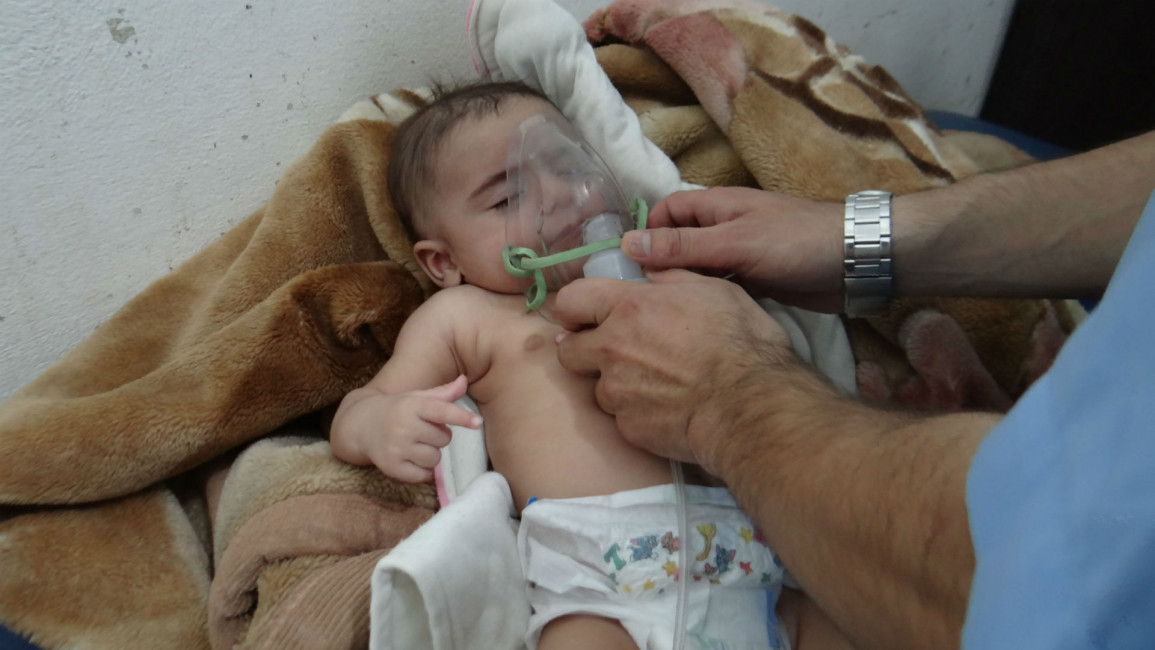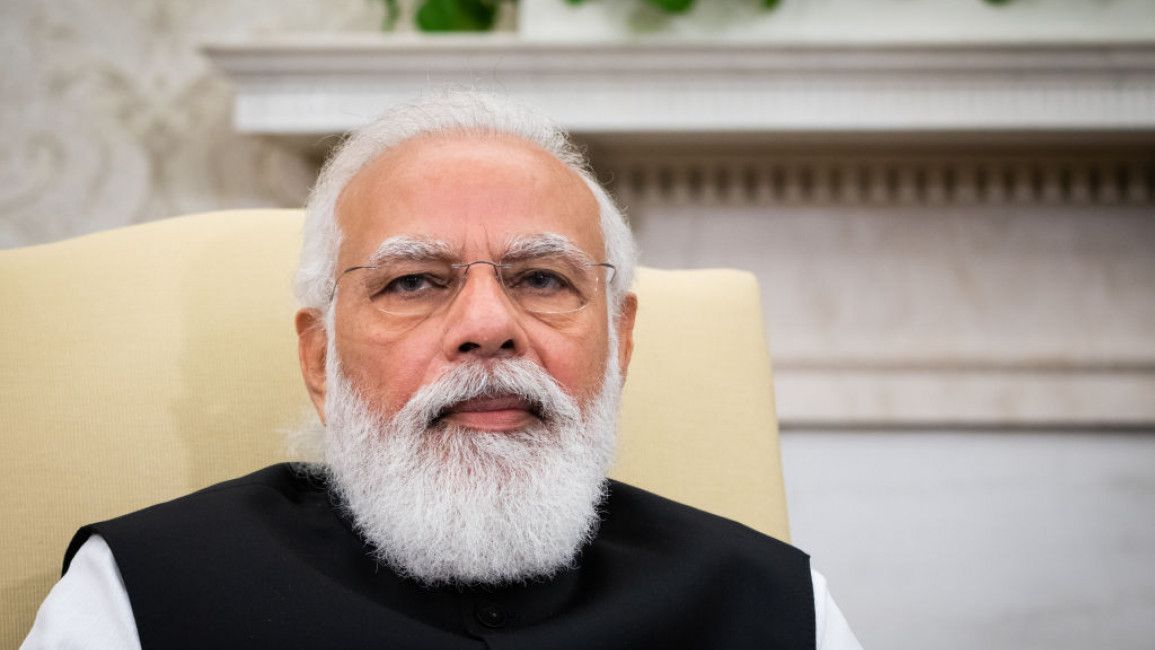Russia defends Assad over UN chemical weapons evidence
Russia on Tuesday questioned the findings of a UN-led investigation that blamed the Syrian regime for chemical attacks, claiming they were not conclusive enough to trigger sanctions.
Britain and France called for UN sanctions after the investigative panel found that President Bashar al-Assad's forces had carried out at least two chemical attacks, one in 2014 and one in 2015.
Following a closed-door Security Council meeting to discuss the report, Russian Ambassador Vitaly Churkin said he had "very serious questions" about the findings and suggested the panel should continue its work.
"There are a number of questions which have to be clarified before we accept all the findings of the report," Churkin said.
Previous reports from the Organisation for the Prohibition of Chemical Weapons [OPC] had concluded that toxic gases have been used as weapons in Syria's five-year war, but stopped short of identifying the perpetrators.
The panel of inquiry, known as the Joint Investigative Mechanism [JIM], for the first time pointed the finger of blame at the Assad regime for chemical weapons use after years of denial from Damascus.
 |
The British and French ambassadors described the use of chemical weapons against civilians as a war crime |  |
The British and French ambassadors described the use of chemical weapons against civilians as a war crime, while US Ambassador Samantha Power called for quick action to ensure those responsible "pay a price."
The panel found that the Syrian regime had dropped chemical weapons on two villages in northwestern Idlib province: Talmenes on April 21, 2014 and Sarmin on March 16, 2015.
In both instances, Syrian air force helicopters dropped "a device" on houses that was followed by the "release of a toxic substance," which in the case of Sarmin matched "the characteristics of chlorine."
Chlorine use as a weapon is banned under the Chemical Weapons Convention, which Syria joined in 2013, under pressure from Russia, Assad's staunch ally.
Syrian Ambassador Bashar Jaafari rejected the findings, saying the panel lacked "physical evidence" to support its conclusions that chlorine barrel bombs were dropped on civilians.
The report was "totally based on witnesses presented by terrorist armed groups," Jaafari told reporters.
The report also found that the Islamic State group [IS] had used mustard gas in an attack on the town of Marea in northern Aleppo province in August 2015.



